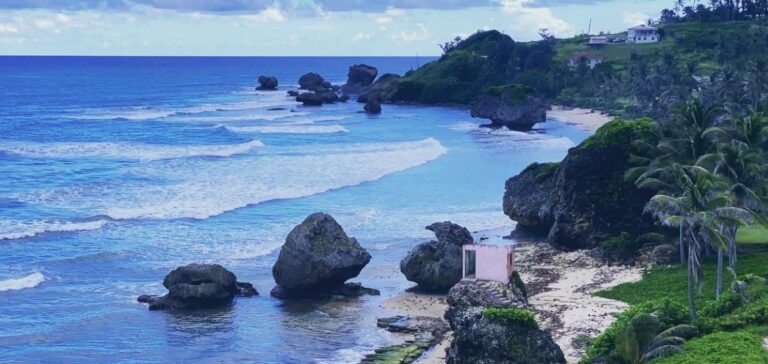Like many of the region’s islands, Barbados relies almost entirely on imported fossil fuels to meet its energy needs. This dependence represents a major economic, environmental and safety challenge. The islands are also facing increasing climatic risks, such as rising sea levels and the intensification of extreme weather phenomena.
Details of the memorandum of understanding
The memorandum of understanding signed on June 7, 2024 by EBID and Seabased initially provides for the construction of a 2-megawatt wave energy pilot farm. This park will then be expanded to reach a minimum capacity of 10 MW. The electricity generated by this plant will be used to power EBID’s hydrogen research and development activities.
A promising partnership
For Mark Hill, CEO of EBID, “We were impressed by the sustainable and reliable technology developed by Seabased. Their innovative solutions will help decarbonize whole swathes of the blue economy currently heavily dependent on heavy fossil fuels.” For his part, Laurent Albert, president of Seabased, was delighted to have “identified an area where we believe we can harvest considerable quantities of renewable and reliable ocean energy, without harming the island’s other key industries such as tourism.”
Hydrogen, an energy carrier of the future
Hydrogen, and in particular green hydrogen produced from renewable sources, is seen as one of the most promising energy vectors for decarbonizing hard-to-transform sectors such as shipping and heavy industry. By powering a green hydrogen production facility, the wave energy park could significantly reduce Barbados’ carbon footprint.






















